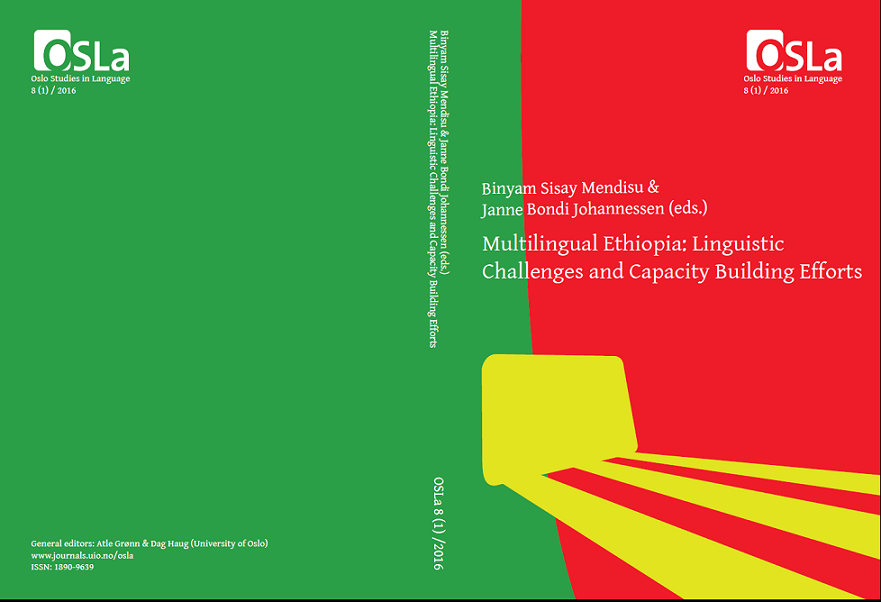What is in a Name? Personal Names in Hadiyya
DOI:
https://doi.org/10.5617/osla.4427Abstract
The aim of this paper is to describe the system behind personal names in Hadiyya. The bulk of the paper analyses the semantics of personal names. Hadiyya personal names express social, economic and political circumstances accompanying the birth of a child. Name givers express their wishes, desires and emotions through personal names. The close examination of names over generations indicates a gradual shift from typical Had-iyya names to modified Amharic-based names. Since the advent of Christianity in the region, Biblical names have also become common. The historical underpinnings for the shift to Amharic-based and Biblical names are language and cultural contact. All Hadiyya personal names display vowel endings that mark case and gender. Like other nouns in the language, per-sonal names can have simple, derived or compound form. Interestingly, most Hadiyya personal names can be translated freely with relative or agentive readings. Personal names can have a perfective reading describing past experience or an imperfective reading expressing wishes for the future. Though Hadiyya is a morphologically complex language and hence all the above grammatical notions are overtly marked, they are omitted in the morphology of personal names. The use of inflectional and derivational morphemes is minimal. Hadiyya personal names are therefore special word classes that tend to display a simplified morphosyntactic structure and free translation.Downloads
Published
2017-02-10



